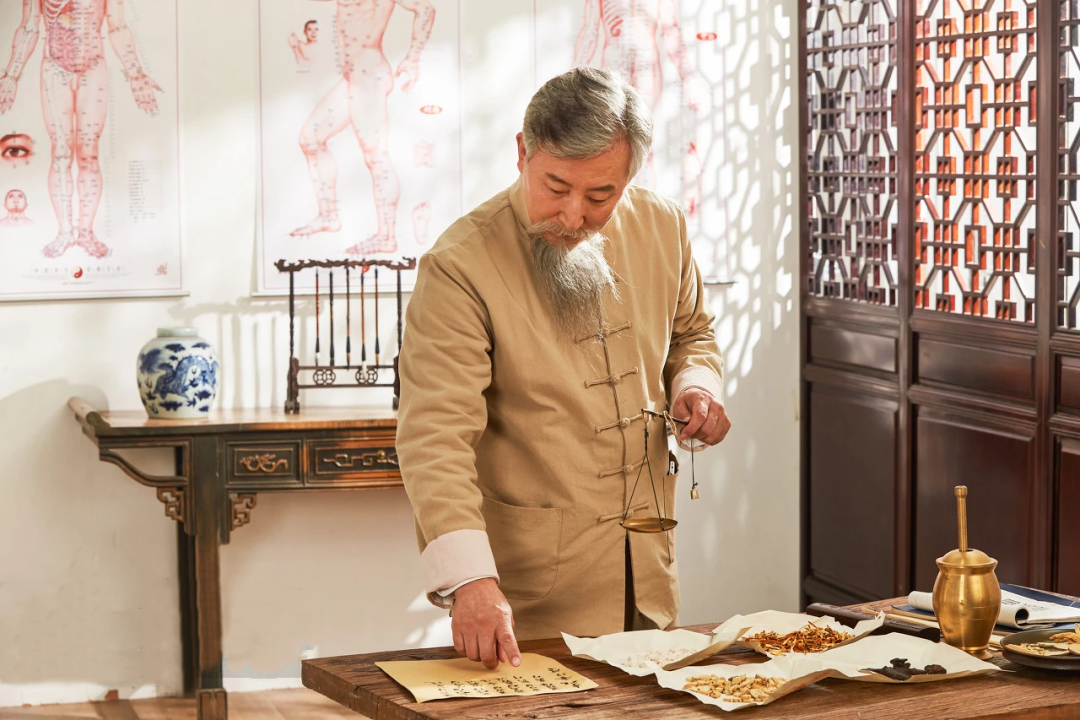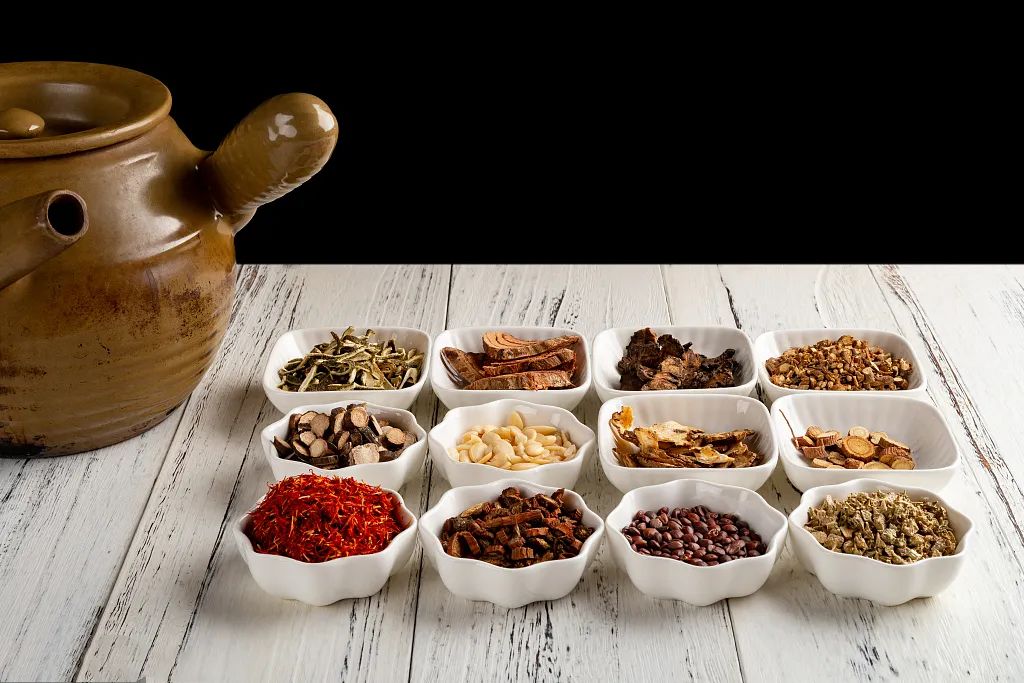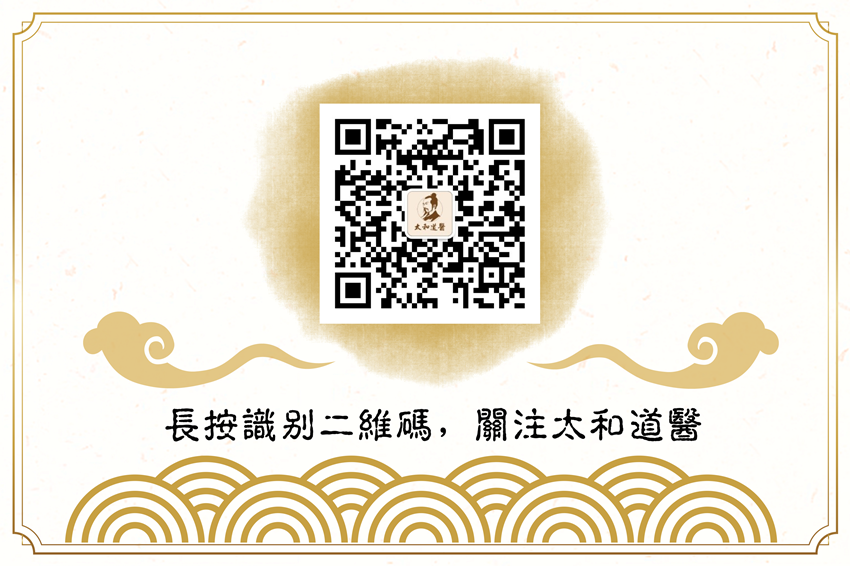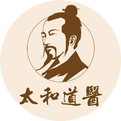 1
1
During the Qing Dynasty, smallpox was rampant, and at that time, no vaccines had been developed. Consequently, countless lives were lost to smallpox, which even posed a serious threat to the imperial court.
Emperor Qianlong visited the Imperial Medical Institute and discovered issues such as “difficult-to-understand terminology” and “errors in transcription” in ancient medical texts. Particularly after the Jin Dynasty, medical texts became extensive yet lacked precision, and some contradicted each other, significantly affecting medical research and the transmission of medical knowledge.
In light of this severe situation, in 1739, Emperor Qianlong ordered that “one of the three great physicians of early Qing,” Wu Qian, and “the best physician in the capital,” Liu Yuduo, serve as chief editors.
They reorganized the medical texts of the imperial treasury and collected medical secrets from across the country, categorizing them, extracting their essence, and discarding the dross. With the collective effort of the nation over three years, they compiled the first official medical book in China, which is still in use today.
Having said this, everyone understands that the “Yi Zong Jin Jian” is not some miscellaneous book of folk remedies, but a legitimate official medical work, which has remained a must-read for many beginners in Traditional Chinese Medicine (TCM).
Without further ado, today we will mainly discuss the topic: Blood stasis and phlegm congestion fundamentally arise from liver qi stagnation.
It is called—Shiliu Wei Liuqi Decoction. This formula specifically targets “qi”!

2
The concept of qi in TCM is a very profound substance.
To fully understand it, one must delve into research. Here, I will briefly explain that qi in TCM is a very subtle substance that is highly active and continuously flows within the human body, constituting one of the basic substances that form and maintain life activities.
Qi is related to all the organs and systems in the body; any issue in any part will affect the flow of qi. For example, we often refer to “liver qi stagnation.”
How should we understand this? The rise and fall of qi movement is crucial for the human body; the essence, fluids, and blood within must be propelled by the movement of qi to flow continuously. Once the movement of qi is obstructed, the flow of these substances naturally loses its driving force, leading to stagnation in narrow areas, where fluids can become phlegm and blood can become blood stasis.
When these blood stasis and phlegm congestion accumulate over time, they form solid conditions, commonly referred to as cysts, polyps, nodules, masses, etc.
The previously mentioned “Yi Zong Jin Jian” contains a formula that uses 16 herbs to tonify and regulate qi, specifically targeting qi stagnation!

3
The composition of the herbs is as follows: Chuan Xiong (Ligusticum chuanxiong), Dang Gui (Angelica sinensis), Bai Shao (Paeonia lactiflora), Fang Feng (Saposhnikovia divaricata), Ren Shen (Panax ginseng), Mu Xiang (Aucklandia lappa), Huang Qi (Astragalus membranaceus), Guan Gui (Cinnamomum cassia), Jie Geng (Platycodon grandiflorus), Bai Zhi (Angelica dahurica), Bing Lang (Areca catechu), Hou Po (Magnolia officinalis), Wu Yao (Lindera aggregate), Gan Cao (Glycyrrhiza uralensis), Zi Su Ye (Perilla frutescens), Zhi Qiao (Citrus aurantium).
The nourishment and regulation of qi in the human body rely on the comprehensive coordination of various organs, but there are also emphases, particularly closely related to the physiological functions of the kidneys, spleen and stomach, and lungs.
The kidneys are the root of qi generation. Therefore, Guan Gui is used to tonify the original yang and warm the spleen and stomach, treating all wind-related qi issues; Wu Yao helps to regulate qi, relieve pain, and warm the kidneys to dispel cold. The combination of these two herbs promotes qi movement, dispels cold, and alleviates pain.
The spleen and stomach are the source of qi generation. Therefore, Bing Lang is used to resolve accumulation, descend qi, and promote urination; Hou Po dries dampness, transforms phlegm, descends qi, and relieves distension; Zhi Qiao regulates qi, broadens the middle, and resolves stagnation; Mu Xiang is adept at moving and can ascend or descend.
The lungs are the master of qi generation. Therefore, Bai Zhi can disperse wind, eliminate dampness, open orifices, and relieve pain; Zi Su Ye releases the exterior, disperses cold, regulates qi, and harmonizes the stomach.
All the aforementioned herbs are used to regulate and tonify qi, aiming to activate the movement of qi. However, simply regulating qi is not enough; if the patient has been ill for a long time or has qi deficiency, it is essential to tonify and nourish qi.
The liver stores blood, and blood is the mother of qi; sufficient blood leads to sufficient qi.
Thus, Dang Gui, Chuan Xiong, and Bai Shao are used here, as these three herbs are the main components of the famous blood tonifying formula, Si Wu Tang, aimed at nourishing and tonifying blood.
Regarding qi tonification, Ren Shen and Huang Qi are indispensable; additionally, Fang Feng is used to release the exterior and expel wind, eliminating internal evil qi. Finally, with so many qi tonifying and regulating herbs combined, Gan Cao is used to harmonize all the herbs.
In summary, this formula is grand and powerful, with multiple herbs working together to nourish and regulate qi, ensuring that righteous qi is not deficient and evil qi does not invade. It can be used to regulate hyperplasia, cysts, polyps, and nodules. This formula is a prescription drug and should be used based on differential diagnosis.

⊙ The content of this article is for clinical thought reference only; non-professionals in TCM should not attempt to use these herbs.
⊙ Some images and texts are sourced from the internet; if there is any infringement, please contact us for removal.
⊙ For Daoist medical consultation, please add WeChat ID:daoxuea
⊙ For submissions and collaborations: [email protected] (original submissions are welcome)
Article Highlights
❶ The miraculous methods of healing and health preservation from the “I Ching” are widely circulated and quite effective!
❷ San Qi powder should not be taken casually; the consequences of misuse can be quite serious. Here are eight major prohibitions!
❸ The most “yang-depleting” behavior for men does not include smoking or drinking; the number one cause, which most people overlook!
❹ Fatigue is a precursor to illness! There are three stages of illness; do not wait until the last stage!
❺ Why are you prone to illness? It is actually due to three types of stasis toxins in the body!
❻ TCM has three treasures for tonifying qi: Huang Qi, Ren Shen, and Xi Yang Shen; do you know how to use them?
❼ “Treating the disease by addressing its root”—moxibustion can eliminate the “three turbidities” to be considered effective!
❽ The behaviors that deplete your yang qi are precisely these; you must quit them!
❾ Daoist health preservation: all diseases begin in the heart; learn the Daoist methods of cultivating the heart!


